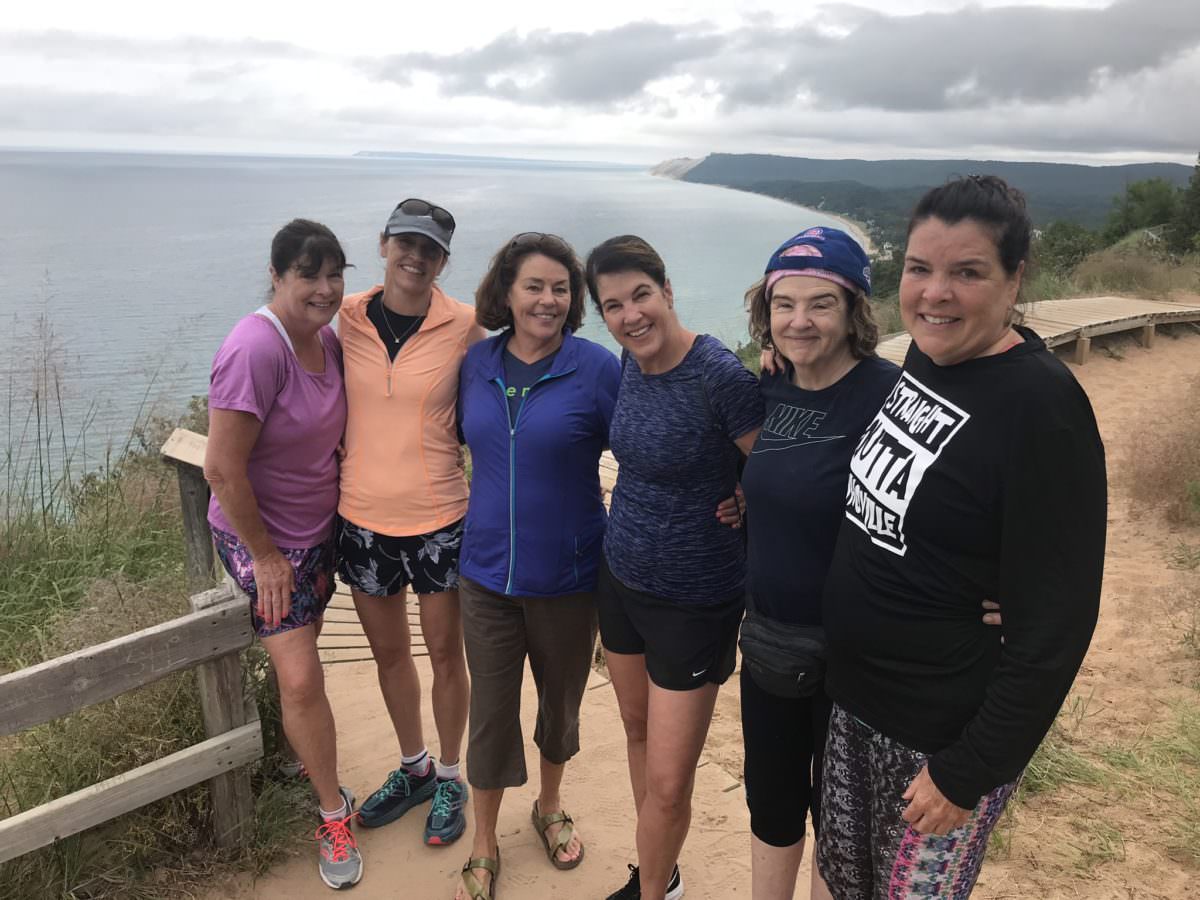Where does Bone Health rank in your priorities?
Let’s be honest, probably not super high. There are many things in life we take for granted. Each of us can come up with a list that is probably longer then we care to admit. Now, let me add one more to everyone’s list – bone health. Weak bones are a major health problem in our society and frankly, the subject does not get the press coverage it deserves. The numbers are staggering and support the need for greater education.
- The National Foundation of Osteoporosis estimates 54 million Americans suffer from low bone density or osteoporosis.
- Nearly 50% of women and 25% of men above the age of 50 will suffer a fracture due to osteoporosis.
- There are an estimated 300,000 hip fractures annually in our country with a mortality rate of nearly 20% in the first year following a fracture for those over 65.
Osteoporosis, or low bone density, is a disease caused by the body losing too much bone, or the inability to make enough bone, leading to weakened bones and a higher risk of fracture. Contrary to what most people think, bones are constantly growing and remodeling. There is an ongoing balance between bone production and bone loss that helps keep our bones strong and viable. We continue to build bone density even after we stop growing. Bone density peaks somewhere between the ages of 18 to mid-’20s. After that, the balance starts to tip towards more bone loss leading to weaker bones, especially in women after menopause.
Is it possible to improve bone health?
We can actively improve and protect our bone health in two important ways. First, we can maximize our peak bone density prior to our mid 20’s. Second, we can decrease the rate of decline in bone density throughout adulthood. Each of these steps can equally reduce the long-term risk of osteoporosis.
Strategies to Improve Bone Health & Avoid Osteoporosis
The following are five strategies to improve bone health and reduce the risk of future fractures. Incorporating any of these steps into your daily life will positively impact your bone density.
- Eat High Calcium Foods
Calcium is one of the main building blocks of bones, and our diets should consist of calcium-rich foods to support good bone health. No matter what diet, there are abundant choices to increase calcium intake. Milk and dairy products are obvious choices, but others excellent options include dark green leafy vegetables, fish, almonds, flax and sesame seeds, figs, and tofu.
2. Love Vitamin D
Vitamin D is necessary for the body to absorb and utilize calcium, and it is crucial to growing bones. Sunny Colorado provides us with a natural way of producing Vitamin D. However because we still rarely get sufficient levels of Vitamin D, many foods are fortified with Vitamin D. Vitamin D is oil soluble, which means you need to eat fat to absorb it. It is naturally found in fish oils and fatty fish such as tuna and salmon.
3. Take Supplements if Necessary
Even when eating a healthy, well-balanced diet, we often come up short of the US recommended daily allowance of calcium and vitamin D. Taking supplements can be a relatively easy way to ensure we meet these requirements.
4. Exercise, Exercise, Exercise
As if we need any more reasons to exercise, bone health is one of them. As we perform weight-bearing exercises, our bodies respond positively by increasing bone density to make bones stronger. Walking, running, aerobics and tennis are just a few examples of exercises that are both fun and provide quality weight-bearing activities. Plus they are free! If you are concerned about current bone health or starting an exercise program, talk with your doctor about a program that is right for you.
5. Don’t Smoke. Limit Alcohol and Soda Consumption
As with any discussion on improving our health, smoking is bad. Studies link smoking with decreased bone density and many feel it cancels out any other efforts to improve it. Additionally, excessive alcohol consumption lowers bone density, and thus, moderation is key. Soda negatively impacts bone density and should be reserved for special occasions. Importantly, soda should never be a substitute for regular milk consumption.
Be Proactive and Measure Your Bone Density
The best way to know your bone density and determine your risk for osteoporosis is to get tested. A Dexa scan is an easy, painless, and radiation-free test that will provide you and your doctor important information about your current bone health.
Have Low Bone Density? Talk with Your Doctor
There are many viable treatment options for those at risk of osteoporosis or currently suffering from low bone density. Your primary care doctor is a great resource to discuss these topics and devise a plan to reduce your future risk of fracture. Being proactive about your bone health is an important investment in your well-being.
Learn More
Colorado Springs Orthopaedic Group is hosting a free, informational seminar on Bone Health at our North office on December 13, 2018. This seminar will be led by our physician assistant Megan Perry. Please fill out the below form and we will send you more information about the event.
[contact-form][contact-field label=”Name” type=”name” required=”true” /][contact-field label=”Email” type=”email” required=”true” /][contact-field label=”Website” type=”url” /][contact-field label=”Message” type=”textarea” /][/contact-form]


